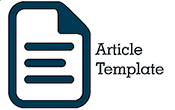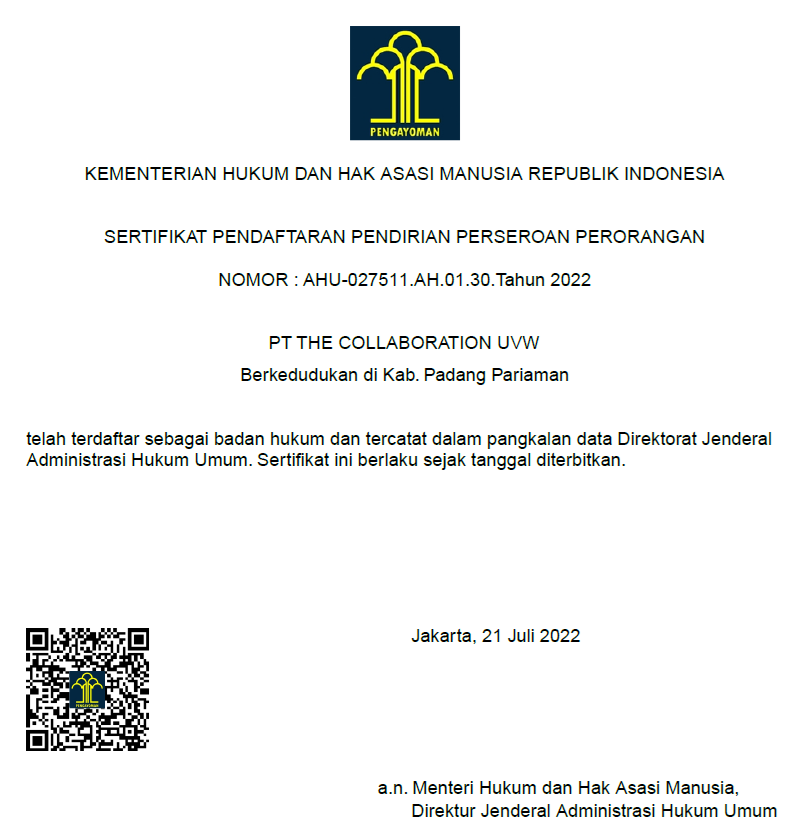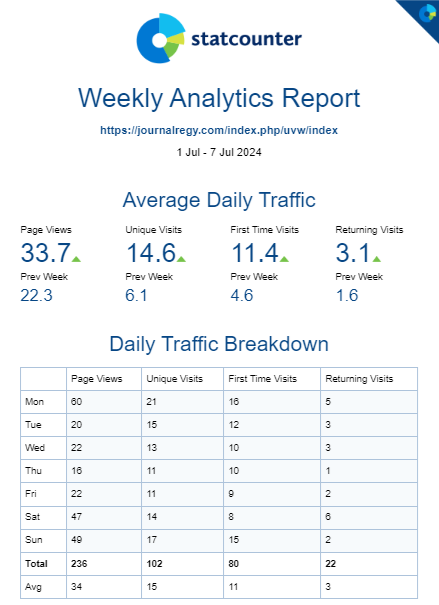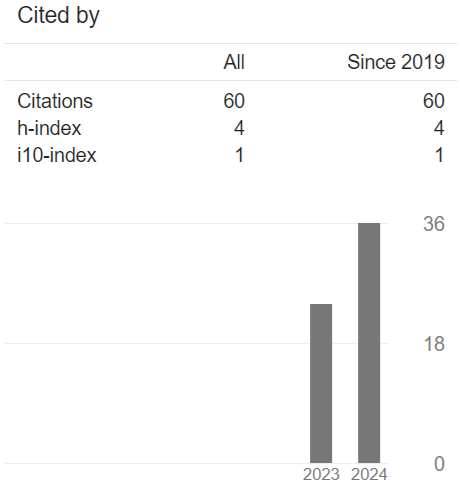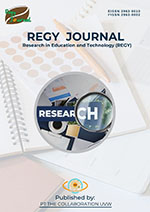Problematics and implementation of the literacy movement
DOI:
https://doi.org/10.62590/regy.v2i1.90Keywords:
problems, implementation, literacy movementAbstract
The literacy movement faces several challenges in its implementation, especially the literacy movement in Indonesia. This literature study aimed to analyze the problems and implementation of the literacy movement in Indonesia using the literature study method. Data was collected by searching articles and journals related to the literacy movement in Indonesia. The results of the analysis showed that the government plays an important role in increasing public interest in reading through various programs and policies that support the literacy movement. However, there are still obstacles to implementing the program, such as a lack of budget and a lack of coordination between the agencies involved. In addition, the importance of considering local wisdom in developing literacy programs in Indonesia was also emphasized. The role of the family and school in increasing literacy is also very important. Other obstacles include the lack of access to reading materials and technology to support literacy, the lack of public awareness of the importance of literacy, and the lack of quality and quantity of human resources related to literacy. In overcoming the problems of the literacy movement, the implementation of effective programs involving the government, educational institutions, families, and society as a whole is very important. The results of this literature study are expected to contribute to the development of the literacy movement in Indonesia.
References
Anam, C., & Suhandi, A. (2020). Implementasi Literasi Digital di Sekolah Dasar. Jurnal Inovasi Pendidikan Dasar, 6(1), 1-9.
Fauziah, E., & Usman, B. (2019). Peningkatan Minat Baca Masyarakat Melalui Program Gerakan Literasi Nasional di Indonesia. Jurnal Kajian Informasi & Perpustakaan, 7(1), 18-26.
Fauziah, R., & Usman, M. (2020). Peran Pemerintah dalam Meningkatkan Minat Baca Masyarakat. Jurnal Pendidikan Karakter, 9(2), 171-180.
Firmansyah, A., & Sunarto. (2019). Problematika Gerakan Literasi di Indonesia. Jurnal Pembangunan Pendidikan: Fondasi dan Aplikasi, 7(2), 277-286.
Jannah, M., Lestari, S., & Ginting, G. (2020). Model Pendidikan Literasi Keluarga di Era Revolusi Industri 4.0. Jurnal Pendidikan: Teori, Penelitian, dan Pengembangan, 5(6), 855-863.
Kurniawan, A., & Sukirlan. (2020). Pemberdayaan Perpustakaan Desa untuk Meningkatkan Minat Baca Masyarakat di Era Digital. Jurnal Pustaka Budaya, 5(1), 1-12.
Mulyani, E., & Wibowo, A. (2019). The Correlation between Reading Interest, Reading Habit, and Reading Achievement of Senior High School Students. Journal of Education and Practice, 10(9), 93-99.
Nurhadi. (2021). Peningkatan Literasi Digital melalui Pembelajaran Berbasis Proyek. Jurnal Inovasi Pendidikan IPA, 7(1), 75-85.
Pemerintah Indonesia. (2007). Undang-Undang Nomor 43 Tahun 2007 tentang Perpustakaan. Lembaran Negara Republik Indonesia Tahun 2007 Nomor 169.
Pemerintah Indonesia. (2019). Peraturan Menteri Pendidikan dan Kebudayaan Nomor 16 Tahun 2019 tentang Gerakan Literasi Nasional. Berita Negara Republik Indonesia Tahun 2019 Nomor 1655.
Scholastic. (2019). The Kids & Family Reading Report. Scholastic Inc.
Suratha, I. K. G. (2019). Kearifan Lokal dalam Gerakan Literasi Indonesia. Jurnal Pendidikan dan Pengajaran, 52(1), 1-7.
Suratha, I. M. (2019). Kearifan Lokal dalam Gerakan Literasi di Indonesia. Jurnal Kajian Bali, 9(1), 89-101.
Turmudi. (2020). Pengembangan Literasi Digital Anak Usia Dini melalui Pembelajaran Berbasis Game. Jurnal Penelitian dan Evaluasi Pendidikan, 24(2), 174-184. https://doi.org/10.21831/pep.v24i2.30161
UNESCO. (2019). Global Education Monitoring Report 2019: Migration, Displacement and Education: Building Bridges, Not Walls. UNESCO Publishing.
Downloads
Published
How to Cite
Issue
Section
License
Copyright (c) 2023 Rizky Dwi Nugrahaeni, Cicih Wiarsih

This work is licensed under a Creative Commons Attribution-ShareAlike 4.0 International License.


